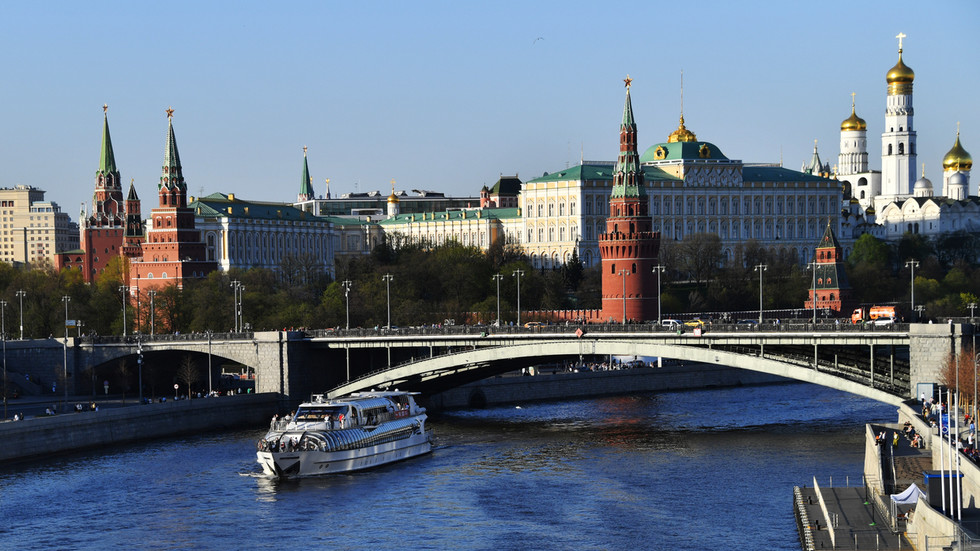Berlin’s provocative actions are obstructing the peace process, Moscow has said
The latest statements and “provocative actions” by some EU member states are obstructing the ongoing efforts for a peaceful resolution of the Ukraine conflict, Kremlin spokesman Dmitry Peskov said on Wednesday.
His comments came in response to German Chancellor Friedrich Merz’s remarks in recent days regarding Berlin’s potential shift on Ukraine’s use of Western-supplied long-range weapons. Merz announced at a joint press conference with Ukraine’s Vladimir Zelensky in Berlin on Wednesday that Germany would help the country produce long-range missiles.
“All these actions, of course, hinder peaceful efforts,” Peskov told journalist Pavel Zarubin, adding that “Germany is competing with France” for supremacy in further provoking the conflict.
The Kremlin spokesman expressed hope that despite “all the obstacles,” it would still be possible to continue the process toward a diplomatic settlement, including holding the second round of negotiations.
Earlier this month, Russia and Ukraine held their first direct talks since 2022. The sides agreed to present a memorandum with detailed proposals on how to end the conflict, carry out a record 1,000-for-1,000 prisoner swap, which was completed on Sunday, and continue negotiations.
Merz declined on Wednesday to discuss any further details while announcing the “new form of military-industrial cooperation,” but said, “We want to enable joint production.” He added that a “memorandum of understanding” on long-range missiles would be signed by the German and Ukrainian defense ministers later in the day.
Merz said earlier this week that missiles from the US, UK, France, and Germany, could now be used without range limits against Russian military targets. His remarks sparked confusion over whether he was announcing a new policy and drew concern from within his own coalition. German Vice Chancellor and Finance Minister Lars Klingbeil said no new decisions have been made on the range of Ukrainian strikes using German weapons, beyond those set by the previous government.
Ralf Stegner, a member of Merz’s coalition partner, the SPD, called the comments “unhelpful” and called for a stronger focus on diplomacy.
Merz later clarified that the decision to lift restrictions on Western arms used by Ukraine had been made months ago, further confusing the public and reigniting debate over the possible delivery of German Taurus cruise missiles to Kiev. With a range of up to 500 kilometers, the missiles can be used to strike deep inside Russian territory, including the Russian capital.
Moscow has warned that supplying these weapons would make Germany a direct party to the conflict. Russia has consistently condemned Western arms shipments to Ukraine, arguing that they only serve to prolong the conflict and hinder efforts toward a peaceful resolution.
Read the full article here


